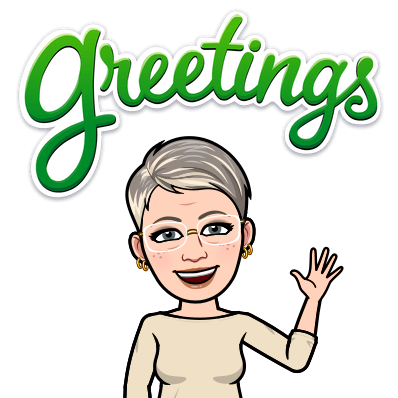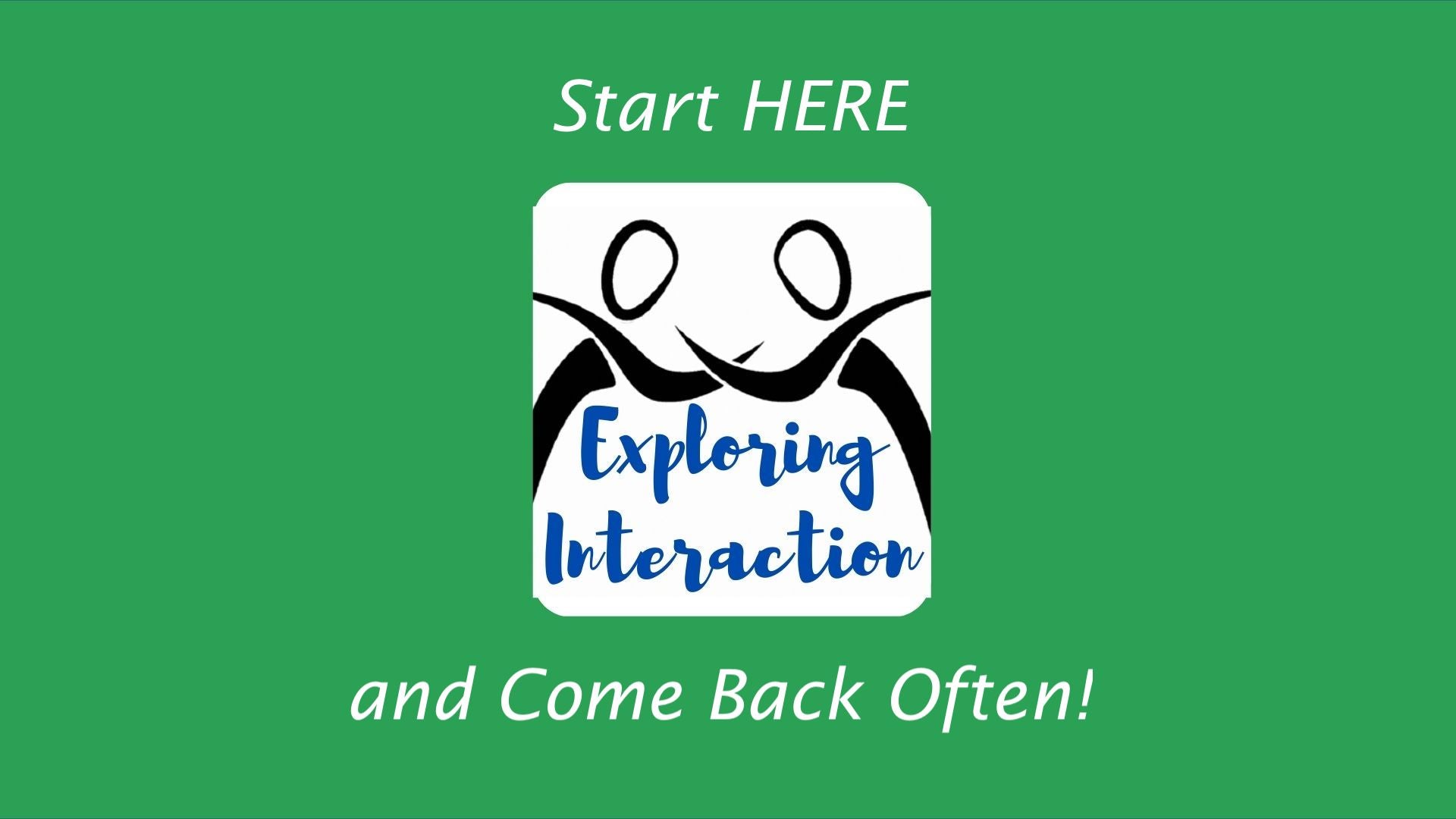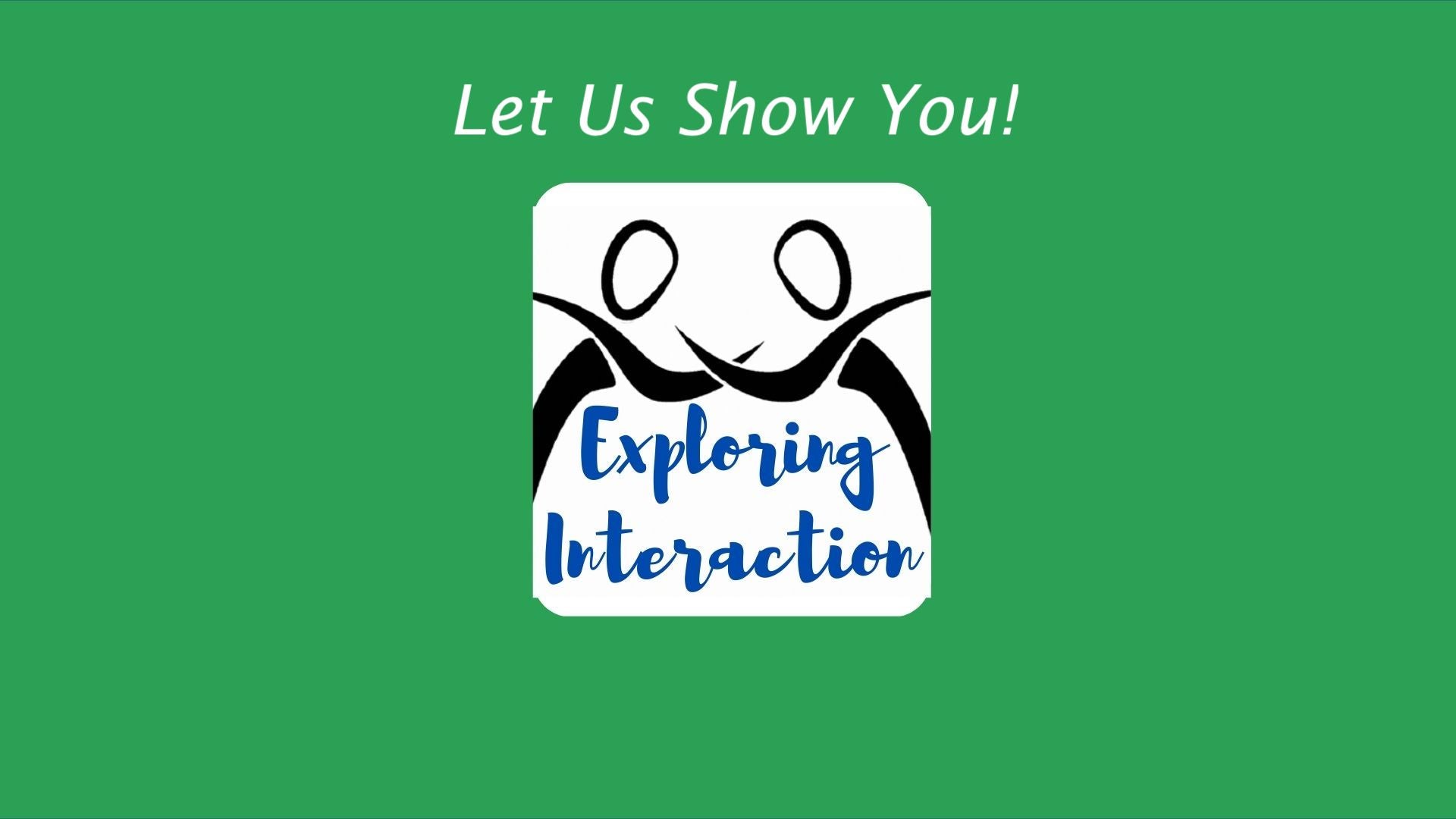Transform Your Life, Learn Focusing, Welcome the Way We Grow
Exploring Interaction
with Interactive Focusing Teacher Barbara Dickinson

We are excited to announce that our Demonstration of Interactive Focusing is UP for you!
Welcome to the space where we will explore interaction together.
As Sandy says, “Focusing is a way of living confidently connected to your own inner knowing in relationship to yourself and others.”
Learning Focusing brings us into a better relationship with ourselves. The listening skills we learn help us to be empathic and compassionate toward our Focusing partners.
In interaction, aided by the method called “Interactive Focusing”, we can further enhance those skills with an important kind of paying attention, listening, being empathic and compassionate toward ourselves AND OTHERS.
I have committed myself to help in the advancement of Interactive Focusing training in the world. This project has been ongoing over years. It has included attending any Interactive Focusing Workshop I could find. It also includes an effort to make Janet Klein's work as available as it was when she hosted her free website. With luck, that vision will become reality by the end of 2023.
Community Support for Improving Relationships
Interactive Focusing teaches a way of listening, a way of paying attention to another person, a way of being empathic and compassionate that I have not found in any other method.

A regular practice of IF creates a sort of “space” between two people where they can bring their individual issues as well as issues that affect both people in the relationship.

The practice of the “double empathic moment” and the “relationship check” make it possible for two people to bring up difficult and painful issues. If these are issues they have with each other, through IF they enter into a process that can support understanding of self and other in a way that can even diffuse anger and fear.


Creating this support for improving relationships through Interactive Focusing holds promise for more than just conflict resolution. Building teams, strengthening families, and all other manner of interpersonal relationships can apply the skills and reap the benefits of Interactive Focusing.

And it is not difficult to learn! The steps are simple and clear. LIke other skills, practice is key.
- My passion for IF
Using Interactive Focusing, we can form bonds, strengthen relationships, and build better teams and communities through empathic listening and the sharing of the deep wisdom of both Focusing and Interaction. These are the reasons I have committed to share and teach as widely as I can the skill of Interactive Focusing. This space within the Smartview Community is vital to those efforts, and my gratitude to Sandy Jahmi Burg and her Team for the Welcome they have given is beyond words.
- My Bio
Barbara Dickinson is a Certified Focusing Professional and a Certified Teacher of Interactive Focusing. She learned IF from one of two Master Teachers of IF, Masumi Maeda of Japan, over the course of their many years of Focusing partnership. Most recently, Barbara spent 1 1/2 years assisting Masumi in the translation of her extensive IF training program into English so that online IF workshops could be presented.
Living in Balance with other People
There is ample evidence in our media of the discord, disruption, conflict, fear, anger and downright danger that exist in our world today. The best way we know to address the anxiety these conditions produce is to learn skills that improve how we are with ourselves and how we are with other people. That is the goal of the project to “Explore Interaction” here in the Smartview Community.

Cultural Norms
Listening to understand is a key skill to improving relationships. Our “cultural norms” are not serving us as well as we need. These norms seem to have devolved to “listening to reply” instead of “listening to understand".
The next time you are in a conversation, notice whether the listener replies in understanding to the speaker? Or replies from their own experience or issue.
How will you know? A response to reply sounds something like this:
Speaker: “I am so upset! I spent my whole lunch hour stuck in traffic.”
Listener: “Oh, I know what that is like, I don't go out for lunch anymore.”
A response to understand sounds something like this:
Speaker: “I am so upset! I spent my whole lunch hour stuck in traffic.”
Listener: "Oh no, stuck in traffic! Ugh. I'm wondering if you had a chance to eat..."
Speaker: "No, actually. I imagine that is not helping the situation. sighs...
I have the food. Maybe after I calm down, I can take a few minutes to eat. At least I
made it back here safely. There were several accidents from the heavy rain."
Listener: "Wow, that sounds intense. At least you are back here safe. (touches the
Speaker's hand) And you have food and a quiet place to eat when you ready."
Speaker: "Oh, yes, you got it, quiet is what I need!"

With Interactive Focusing, these are the skills we learn about “listening to understand”:
- Listening empathically and compassionately to the speaker
- Capturing the essence of how it is for that person
- Holding the essence with our own body sense
- Forming a symbolic representation of the essence
- Giving a symbol to the speaker in words, images, gestures
- Listening with empathy and compassion as the speaker respond to the symbol

Upcoming Opportunities to Engage
-
Our Demonstration of Interactive Focusing video is LIVE! Check it out!
-
A Monthly Exploring Interaction Changes Meeting on third Sundays will begin in March, 2024. We'll teach some aspect of Interactive Focusing at the beginning of each gathering with the goal of 'Improving Relationships with Self and Others'. Register at this link or at the product listing below to receive email reminders with the zoom links. For many experienced Focusers, you'll be able to tap into what you are looking for in these gatherings. Some will want more details to review.
-
For those looking for more examples and details to review, we will develop on-demand videos that you can watch either alone or along with attending the Changes gatherings.
Please share this with any individual or group that may be interested. Please write to me below with any questions you may have. I hope to see you at these events, promoting the practice of this precious resource, Interactive Focusing.
FAQ
What is a Double Empathic Moment?
+
What is a Double Empathic Moment?
+
Also known as the “Empathic Essence”, a Double Empathic Moment is the Listener’s process of taking in how it is for the Storyteller, holding that with the Listener’s bodysense, and then expressing it in a symbol like an image, a metaphor, a gesture, sound, poem, movement, etc.
It is not how the Listener would react or respond to the Story.
What the Listener says:
“Now, I will go inside and see if I can capture the Essence of how you are holding your whole story from your standpoint, using my own bodysense, and express it to you in a symbolic way.
While I do that, please take a moment of quiet time and be very gentle with yourself.”
What is a relationship check?
+
What is a relationship check?
+
In Janet Klein’s own words, “I always wanted to know what other people thought of me but was too timid or too polite or too frightened to risk asking. Now that I was a Focuser, I wanted to know how other people felt about me.”
In forming Interactive Focusing, Janet included this in the form of a “Relationship Check”. Each partner has the opportunity at the end of the session to ask two key questions:
Where are we in our relationship right now? How do I feel about you after you telling me all that about yourself?
And where am I with myself? How do I feel about me inside of myself right now after revealing all of that to you and to myself?
The format of the Relationship Check, like the rest of an Interactive Focusing session, is grounded in safety for each of the partners, and for the relationship between them. This form of reflection on the relationship itself is an important part of what builds both empathy and compassion in an Interactive Focusing partnership, by building trust that my partner and I will express ourselves, both about self and other, in a caring, kind, non-judgmental way.
See: “The Relationship Check” By Janet Klein, Psy D
What is a Focuser as Storyteller?
+
What is a Focuser as Storyteller?
+
An important principle of Interactive Focusing is the need for the Focuser to tell at least a part of the story of the experience they bring to the partnership session. Janet Klein believed that, without some story, the Listener would be unable, or at the very least, find it very difficult, to capture the essence of how it is for the Focuser.
Thus, the term “Focuser as Storyteller” reminds each partner that the Focuser will tell some part of their story, before finding the felt sense of how that is inside - the felt sense, or as Janet liked to call it, the “bodysense”.
What is a Focuser as Teacher?
+
What is a Focuser as Teacher?
+
In Interactive Focusing (IF) partnerships, as in all Focusing partnerships, the Focuser, who we call the “Storyteller” in IF, is encouraged to let the Listener know what kind of reflection is wanted, whether suggestions (guidance) are welcome, and any other specific requests they have about their focusing session.
This concept is called “Focuser as Teacher” so that both partners understand it is an “instruction” or suggestion, but not a demand on the part of the Focuser/Storyteller.
See FAQ “What is a Focuser as Storyteller?”
What is Empathy?
+
What is Empathy?
+
Empathy is defined in different ways, depending on the source.
The Oxford English Dictionary defines it as “the ability to understand and share the feelings of another.” Understanding feelings by itself does not mean empathy. Sharing is essential. In order to empathize with you, I must be able to feel what you are feeling.
The Gallup Organization includes empathy as one of the universal “strengths themes” that describe the talents all humans possess in some measure. They define empathy as “[sensing] the feelings of other people by imagining [oneself] in others' lives or others' situations.
While imagining oneself in the situation of another does not seem as impactful as sharing feelings, both elements contribute to a complete understanding of empathy for the purpose of Interactive Focusing. This understanding is crucial to successful participation in a “Double Empathic Moment”, in which the Listener takes in the essence of how it is for the Focuser/Storyteller with the Listener’s own bodysense, and returns a symbolic expression of what comes inside.
For more on the Double Empathic Moment, refer to other parts of this website and articles by Dr. Janet Klein, Psy D.
For more about the Gallup Organization’s “Strengths Philosophy”, follow this link.
How Do We Listen? How Could We Listen?
Posted on
One of the first things we can explore about interaction is cultural norms around listening.
Do our norms support healthy relationships? If we are talking about the cultural norm of listening to respond, then the answer may be “No”.
What do we mean by listening to respond? And what is the alternative?

Get in touch
I am happy to answer any questions you may have about these Interactive Focusing opportunities.
Quick links
Social Links
JOIN our public Facebook Group for people interested in Focusing HERE.
LIKE our Smartview Stories Facebook page HERE.
SUBSCRIBE to our YouTube channel for more content HERE.
Sandy Jahmi Burg
540-552-0203
sandyjahmi@gmail.com
Floyd, Virginia
*DISCLAIMER*
This site does not provide medical or any other health care or fitness advice, diagnosis, or treatment. The site and its services are for informational purposes only and are not a substitute for professional medical or mental health advice, examination, diagnosis, or treatment.

